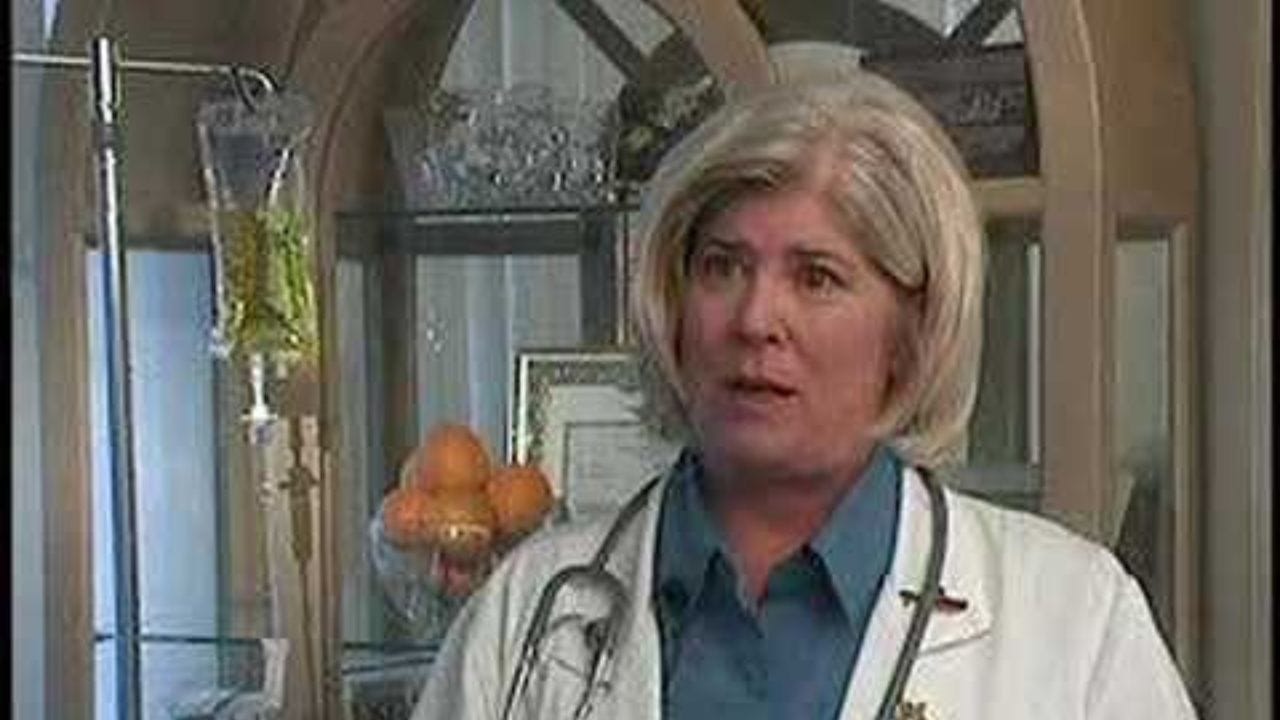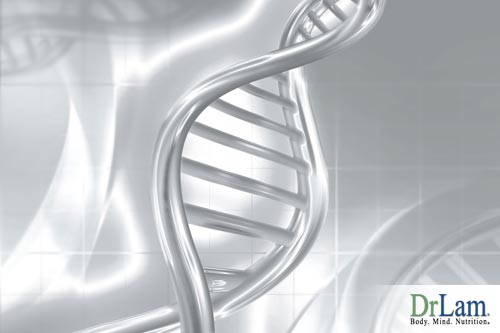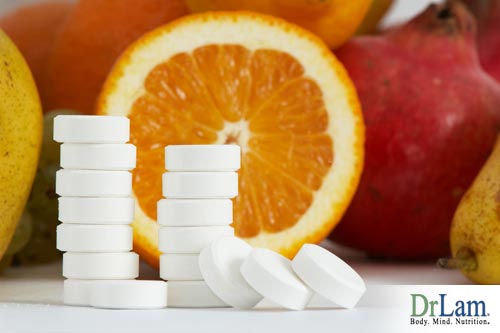
 As scientists, it is our duty to evaluate each and every study carefully. Data and conclusions are only as good as the study design and execution. A study published in the respected journal Science on June 15, 2001 stated that vitamin C risks could potentially damage DNA. The following is a full analysis of this report from Linus Pauling Institute.
As scientists, it is our duty to evaluate each and every study carefully. Data and conclusions are only as good as the study design and execution. A study published in the respected journal Science on June 15, 2001 stated that vitamin C risks could potentially damage DNA. The following is a full analysis of this report from Linus Pauling Institute.
A study in the June 15, 2001, issue of the journal Science shows that lipid hydroperoxides (rancid fat molecules) can react with vitamin C to form products that could potentially harm DNA, although the reaction of these products with DNA was not demonstrated in the study. Hence, it was suggested that vitamin C can form genotoxins (DNA-damaging agents) from lipid hydroperoxides, the implication being that vitamin C may enhance mutagenesis and the risk of cancer.
However, such a conclusion would be unwarranted. The study is a test tube experiment, showing some intriguing chemistry of vitamin C. The study does not, however, describe biochemistry or biology, and its relevance to reactions occurring in cells and tissues of the human body is unknown. Many reactions of vitamin C occur in vitro (in the test tube) that will not and cannot occur in vivo (in the living organism). Why? Because the physiological environment of the cell and the body contains thousands of substances that also react with vitamin C and lipid hydroperoxides, derailing the chemistry observed in a test tube system.
For example, lipid hydroperoxides don't just wait around in vivo to bump into a vitamin C molecule, but instead are very rapidly reduced to harmless alcohols by a number of enzymes. Thus, the reaction rate of lipid hydroperoxides with these enzymes compared to the reaction rate of the lipid hydroperoxides with vitamin C is of crucial importance. Curiously, the reaction rate of lipid hydroperoxides with vitamin C was not measured in the Science study. From what we know from the study, incubations were done for two hours, an eternity in biochemical terms. Enzymatic reactions as those indicated above to reduce lipid hydroperoxides to harmless alcohols that do not react with vitamin C usually take a fraction of a second, not two hours!
In our own studies, we have shown that vitamin C effectively inhibits the formation of lipid hydroperoxides in the first place. Thus, when human plasma is exposed to oxidizing conditions, vitamin C forms the first line of antioxidant defense, and no lipid hydroperoxides are formed. Lipid hydroperoxides begin to form only after vitamin C has been exhausted. Thus, in these experiments lipid hydroperoxides and vitamin C did not co-exist in human plasma, and thus never had the opportunity to react with each other!
What's more, the Science study used a concentration of lipid hydroperoxides of 400 µM, which in biochemical terms is a ton. Studies have shown that in human blood, lipid hydroperoxides may exist in concentrations of about 10 40 nM, which is 10,000-fold lower than what was used in the Science experiment. Again, this casts serious doubt on the relevance of these results for living organisms.
 What have we learned from the Science study? Some intriguing in vitro chemistry of vitamin C. The physiological relevance of these results has yet to be demonstrated. To conclude from this study that vitamin C risks may include cancer would be as preposterous as to say that we have found a cure for cancer based on a simple test tube experiment. In fact, many animal studies and cell culture experiments have demonstrated anti-cancer effects of vitamin C, and the vitamin has been used therapeutically in human cancer patients with some apparent benefit.
What have we learned from the Science study? Some intriguing in vitro chemistry of vitamin C. The physiological relevance of these results has yet to be demonstrated. To conclude from this study that vitamin C risks may include cancer would be as preposterous as to say that we have found a cure for cancer based on a simple test tube experiment. In fact, many animal studies and cell culture experiments have demonstrated anti-cancer effects of vitamin C, and the vitamin has been used therapeutically in human cancer patients with some apparent benefit.
What's more, although vitamin C supplements are often singled out as potential troublemakers, the body does not distinguish between dietary vitamin C and supplemental vitamin C it's all the same substance. Thus, if vitamin C risks indeed count cancer among them, the advice would be not only to stop taking supplements, but also to stop eating vitamin C-rich fruits and vegetables - an absurd recommendation! We know that vitamin C-rich foods lower the risk of cancer, heart disease, stroke and other diseases, so the more fruits and vegetables you eat, the better. And if you choose to take vitamin C supplements, stick to it, as the evidence indicates that you will do yourself a lot of good, and certainly no harm!
